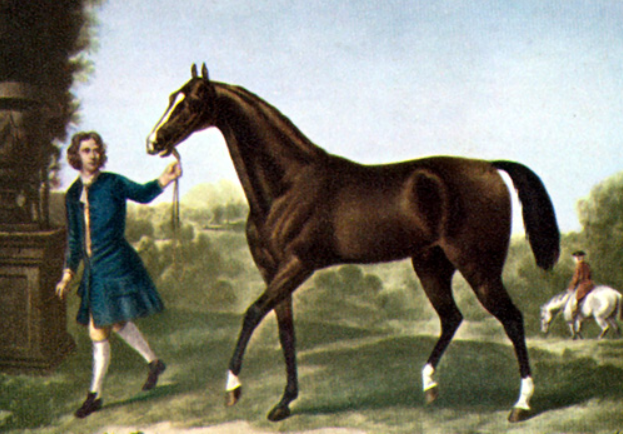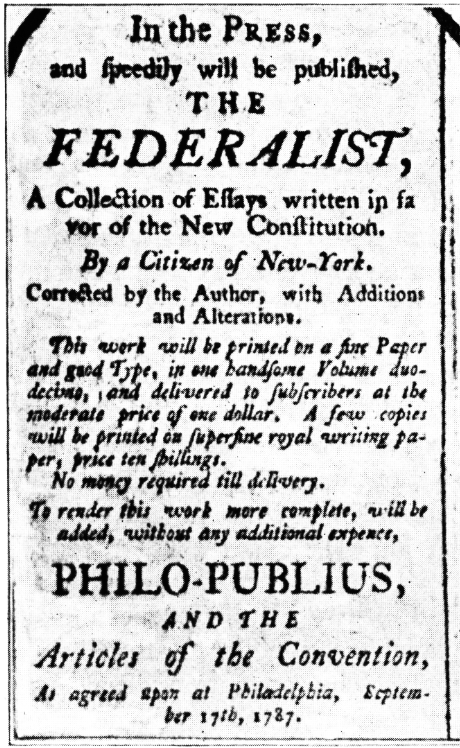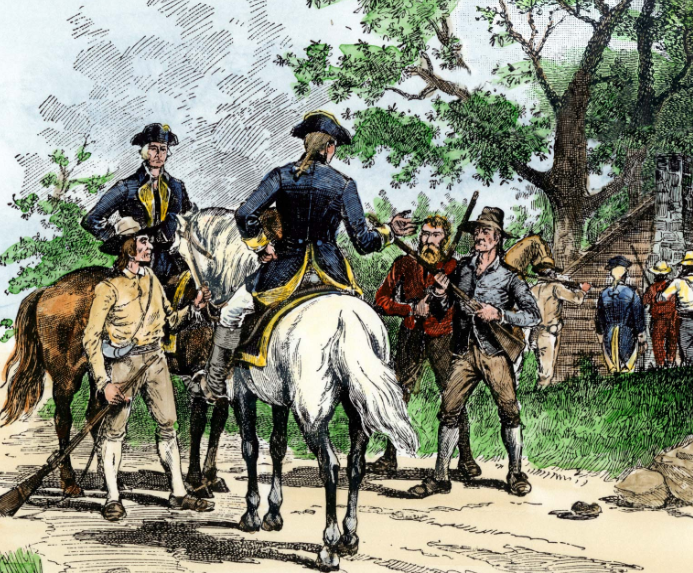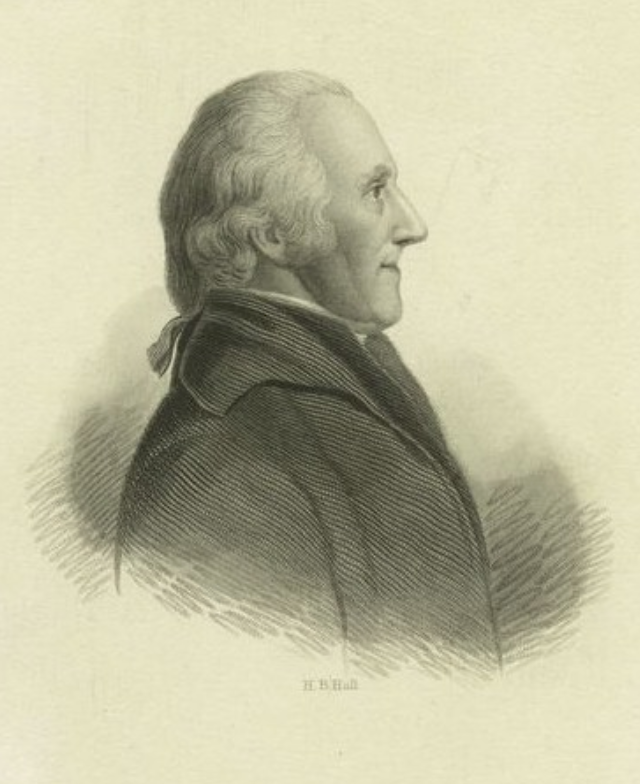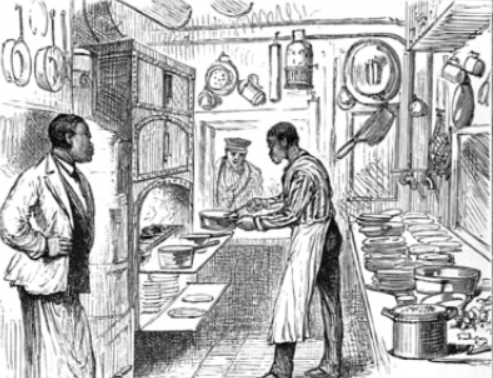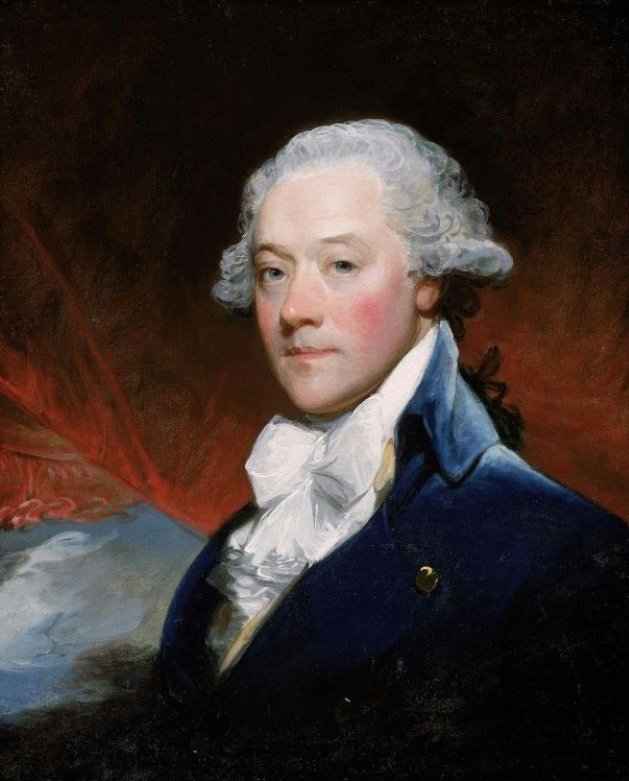James Patton Brings the First Thoroughbred to the New World
Colonel James Patton was one of the most colorful, successful, and yet, unheard of Founders in American history.
Patton lived an adventurous life by the time he took up residence in Virginia’s western frontier in 1741.
His role in the exploration, settlement, governance, and military leadership in western Virginia was unmatched.
This article was written by guest author Garrett Jackson!
In addition to researching and writing about western Virginia and the Revolution’s Southern Campaign, Garrett sits on the National Board of Directors for the Overmountain Victory Trail Association.
The OVTA protects and interprets the path taken by the Patriots on their way to the Battle of Kings Mountain. More about them at the end of the article.
Captain James Patton
During the middle of the 18th century, James Patton was a merchant ship captain and heavily involved in the transatlantic smuggling of tobacco and other goods.
This work he performed for a merchant who operated two ships, the Basil and the Walpole, out of Kirkcudbright and across the Solway Firth in Whitehaven, England.
Patton transported immigrants to America and may have been involved in the slave trade, though indirect evidence exists of the latter. He did, however, import the first Arabian Thoroughbred into the New World...
Bulle Rocke
In 1730, at the age of 21, Bulle Rocke (sometimes called “Bullyrock”) was brought to live out his life at a plantation in Hanover County, Virginia.
Bulle Rocke wasn’t quite able to retire once arriving in Virginia. He was mated to at least 39 English or Spanish mares, and the fillies he got were in turn mated with other imported English stallions.
All of Bulle Rocke’s offspring are the ancestors of America’s thoroughbred horses today.
Explorer, Land Speculator, and Settler
Patton helped thousands of immigrants find new homes in western Virginia, and into the far reaches of the frontier.
His 1742 survey into the New River and Holston region of Virginia was the earliest official survey of that section.
In 1743, with a grant from the Crown to his own land company of 100,000 acres on the New, Holston, and Clinch rivers – the “Western Waters, he officially became the first British subject to petition for lands, and be granted the same, on the Mississippi waters.
An Unorthodox Leader
Patton was a firm and imposing man.
He served in the Virginia House of Burgesses and was a community leader as well.
As a Presbyterian, he demanded to be a member of the local Anglican Church Vestry, the official church of Colonial Virginia. This allowed him to hold local office and own land.
When he managed to run off the rector, the vestry held interviews in Williamsburg for a new one.
Patton’s method for selecting the right man for the job?
Whomever could out drink them during the interview!
Draper’s Meadow
During the French and Indian War uprisings, Patton was killed by natives at Draper’s Meadow on July 8, 1755.
Never heard of Draper’s Meadow? We know it today as Blacksburg, VA, where much of Patton’s land became the campus of Virginia Tech.
But none of this would have happened had a young James Patton not survived a shipwreck in 1729, off the coast of Cornwall, England!
If you enjoyed this article, please check out the great work of the Overmountain Victory Trail Association.
The Overmountain Victory Trail Association is the non-profit trail organization charged with protecting, preserving, and interpreting the route of the of Overmountain Men, who defeated Maj. Patrick Ferguson at the Battle of Kings Mountain on 7 Oct 1780.
Give them your support here: https://ovta.org/
Do you want to learn more about James Patton’s role in colonizing the west?
Garrett was nice enough to recommend ‘James Patton and the Appalachian Colonists’ for your enjoyment. You can pick up a copy through the Amazon affiliate link below.
Want to get fun American Revolution articles straight to your inbox every morning?
Subscribe to my email list here.
You can also support this site on Patreon by clicking here.
